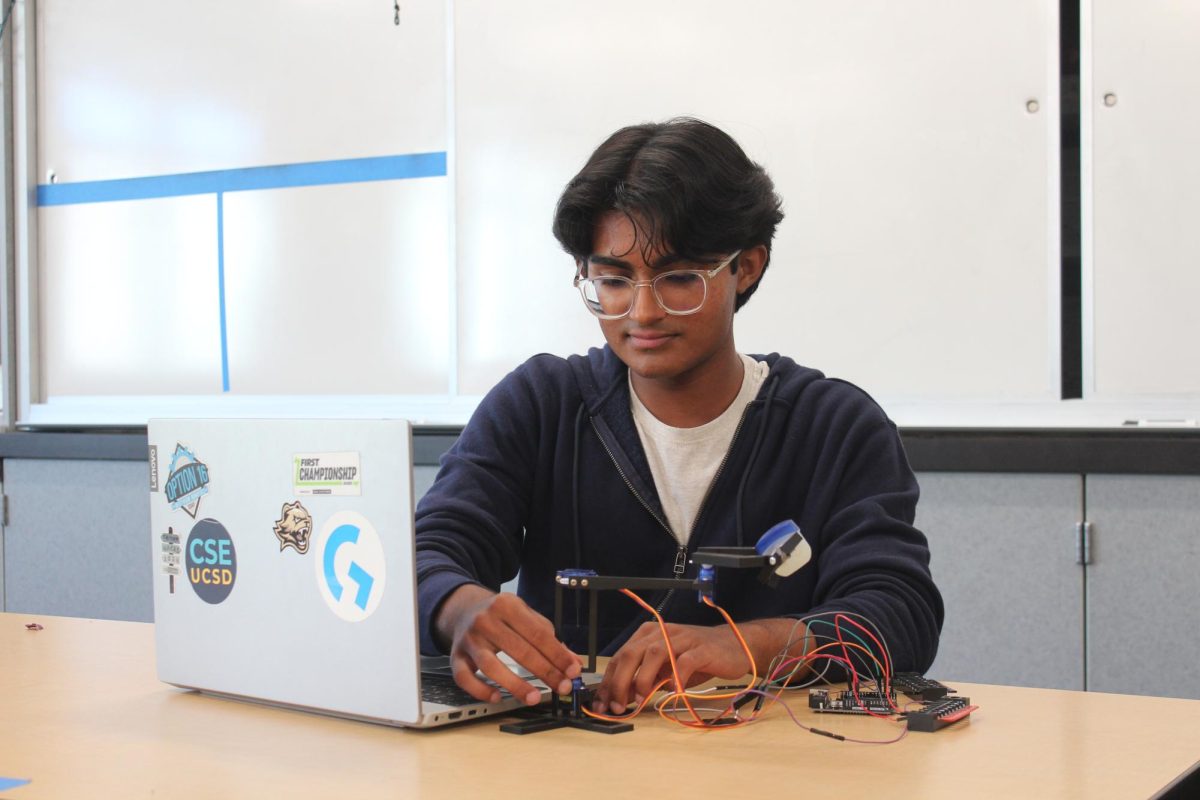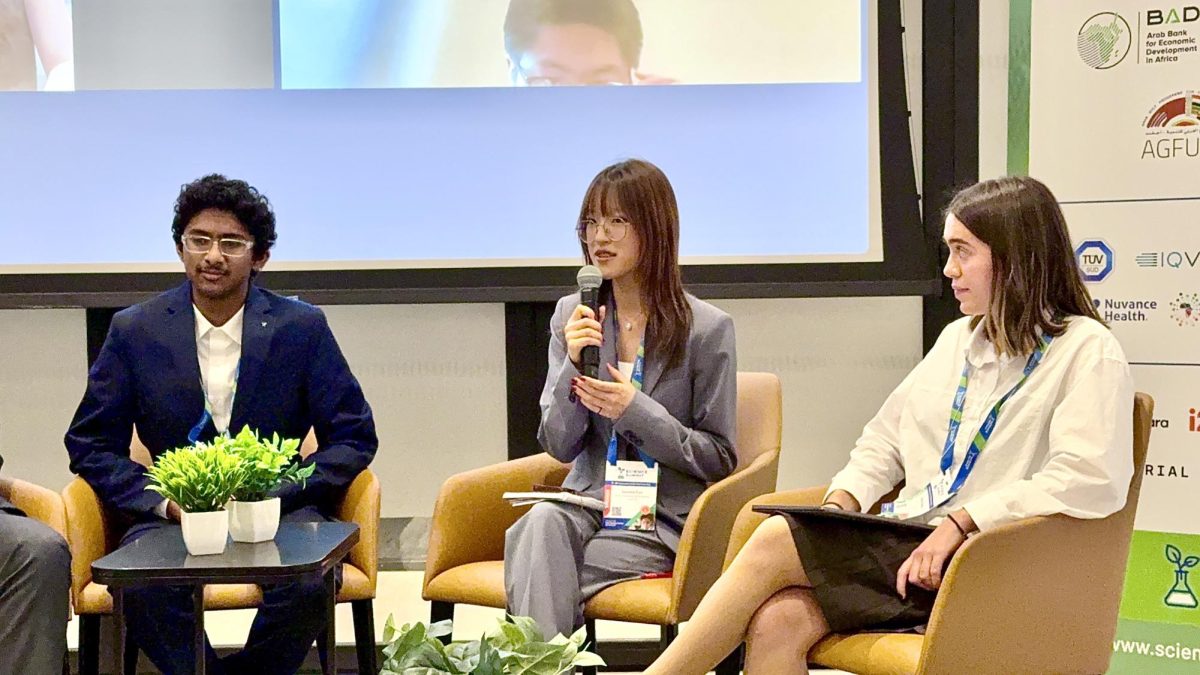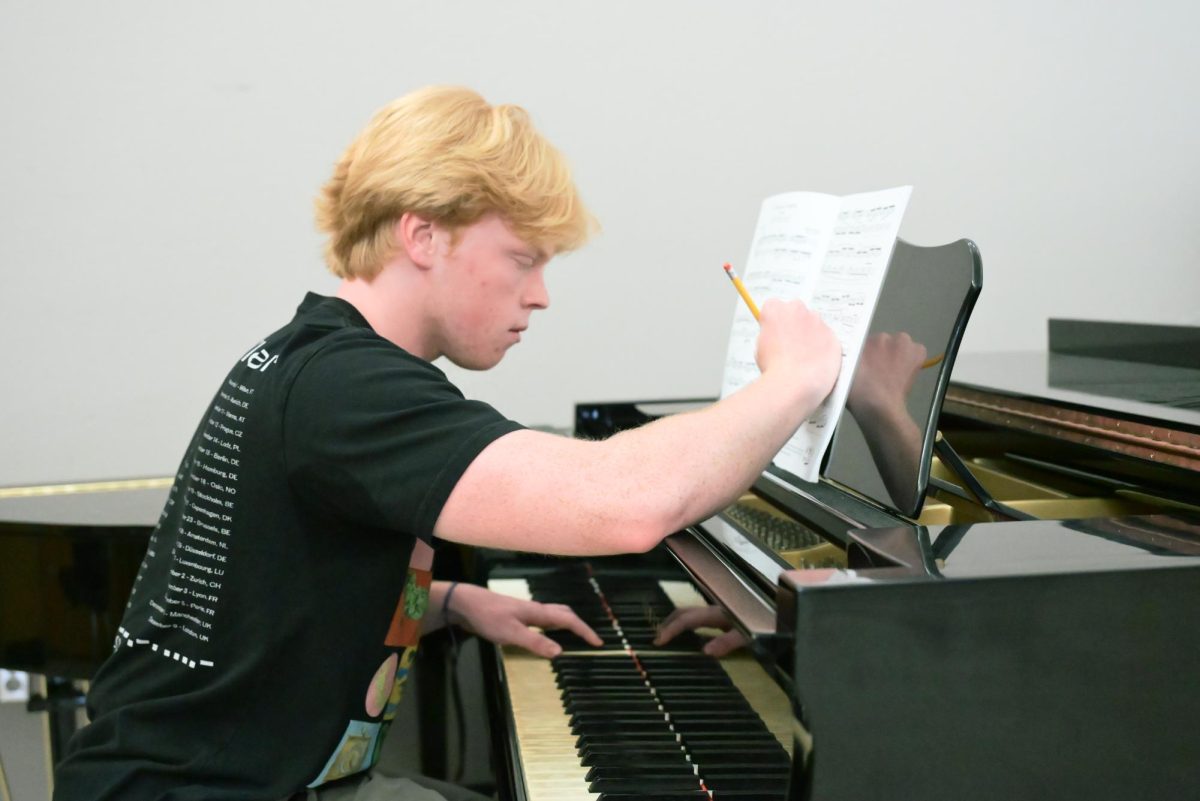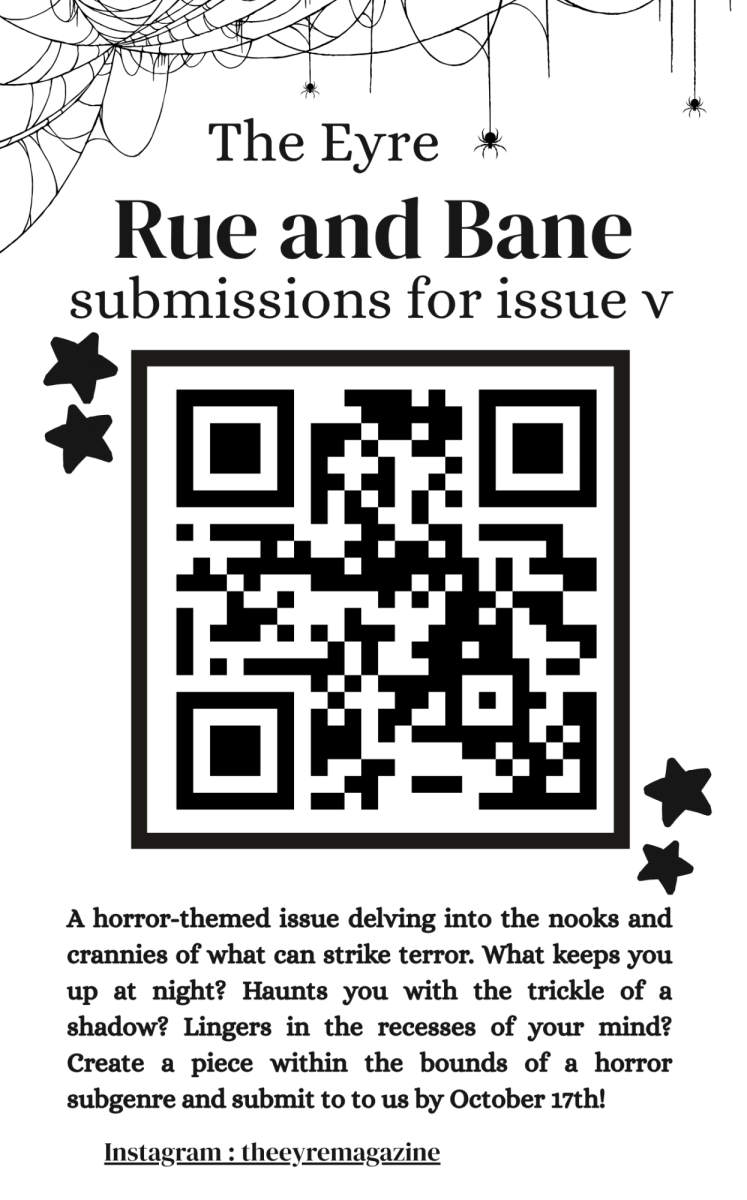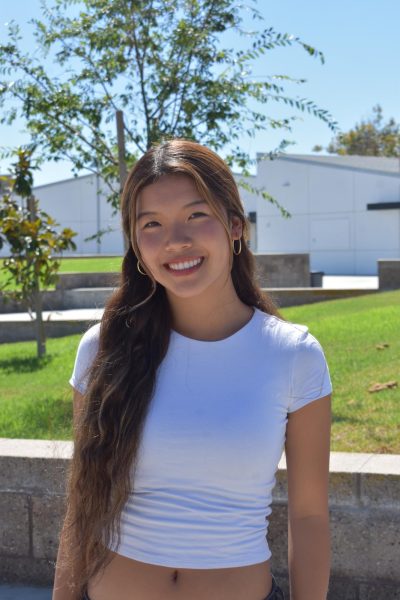Standing on the edge of a 15-foot cliff over the Mediterranean Sea, Sanchay Koppa (11) had a choice to either step back into safety or jump into the unknown waters below. His nerves stiffened his body as he convinced himself to muster up the courage. Finally, he chose to push himself out of his comfort zone and jump. In a way, that moment represented what his summer with the Council on International Educational Exchange (CIEE) in Spain was about: facing new challenges and growing as an individual.
“The most memorable moment for me was during our overnight trip,” he said. “One of the main activities planned was coasteering (movement along the intertidal zone of a rocky coastline on foot or by swimming). I am not the best swimmer, but I realized that if there was ever a time to do it [cliffjumping], it would be now.”
CIEE is a nationwide student abroad program that AP Spanish teacher Carolyn Swaney organizes as a program leader. Koppa traveled to Mallorca, Spain in July with his former teacher and learned how to live without his parents by living in a host house.
“The mission for CIEE is to encourage students to step away from their comfort zone and create their own identity as a global navigator,” Koppa said. “We did a lot of cultural activities, spanish classes, and conversations with the locals. As for me, I had never traveled independently outside of my city, let alone outside of the United States. I realized that this was the perfect opportunity for me to expand my independence and learn how to survive without my parents.”
Koppa said that unlike a family vacation, this trip made him learn how to be responsible on his own.
“Not traveling with my parents pushed me to be extra cautious with valuables,” he said. “If they had been there, I wouldn’t have had to worry about things like my passport or wallet. It isn’t the same when parents give you a talk about responsibility, because kids cannot grasp the importance until they live in the moment.”
In addition to learning about responsibility, Koppa also learned about the effects of tourism on the local community.
“My host dad would take me up to the terrace and talk to me,” he said. “Sometimes, he would point out landmarks nearby, and one thing that he mentioned to me was the abundance of tourists and foreigners who have bought houses there and rent them out using AirBnB or for their own vacation homes. This practice increases the price of rent and hurts the locals, as their salaries cannot keep up with those abroad.”
While staying with his host family, Koppa was able to learn more about Spanish culture, which Koppa said made him rethink the way he viewed life back home.
“I noticed that in Spain, they spend a lot of time together as a family,” he said. “There is a tradition that I loved there called the sobremesa, which literally translates to ‘about table.’ It’s not just about staying at the table after finishing eating, but it’s about having a conversation about your day. It’s about putting the phone away so that you can truly connect with family and friends over your meal.”
Koppa also particularly liked a Mallorcan saying, ‘no pasa nada,’ which translates to, ‘it’s okay.’ Koppa took it as a reminder that academics aren’t everything.
“It symbolizes the care-free attitude that many Mallorcans have adopted,” he said. “It means that it is okay, and it is this attitude that I think is wonderful to maintain in an academically intense school such as Westview. After my trip to Spain, I’ve realized that academics aren’t the only aspect of life. Even if I don’t do that great on a single test, it won’t be the end of the world.”


